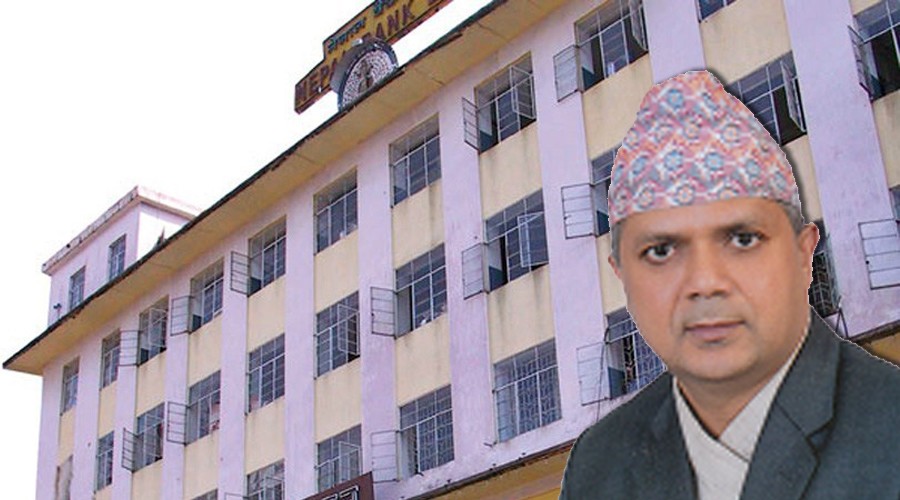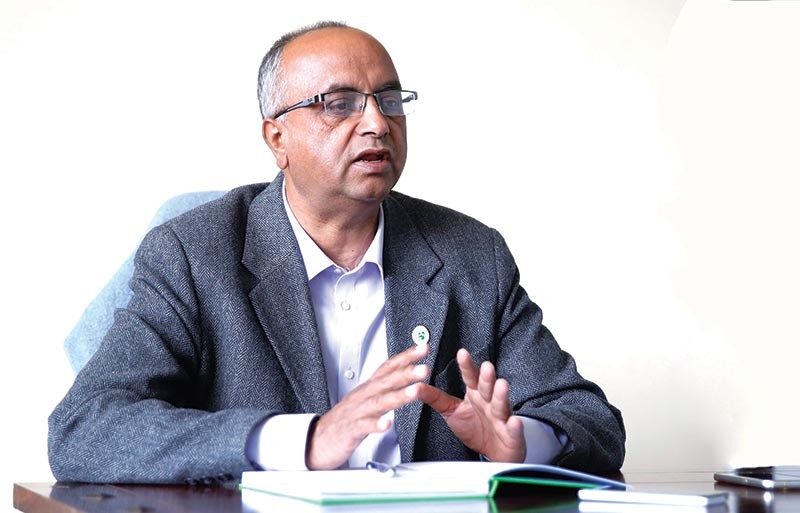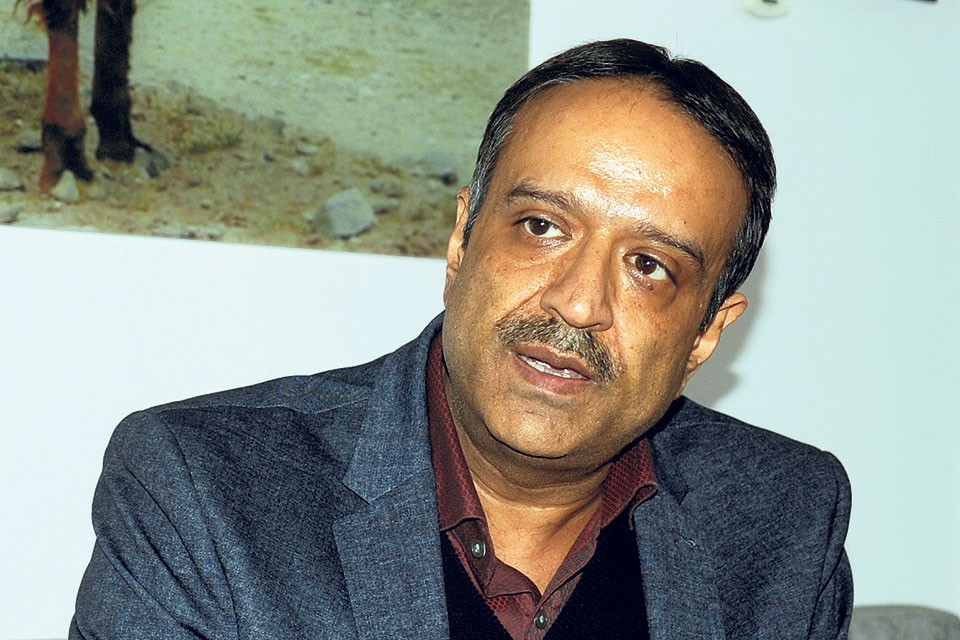
Effect of Corona Covid-19
Banks and financial sector investments are at risk due to the corona virus (Covid-19). Investments by banks and the financial sector to be at risk as uncertainty grows about when will the corona virus ended.
At present, banks and financial institutions have invested heavily in agriculture, tourism, beverages, retail, hydro-power, real estate and other sectors. Banks and financial sector of Nepal have invested a total of Rs. 3221.33 billion in all sectors till mid-February. Out of which, Rs 2.84 trillion belongs to commercial banks and Rs 409 billion has been invested by development banks and finance companies. The highest loans of Rs 569 billion were provided in wholesale and retail and Rs 560 billion in agriculture, forestry and beverages.
Similarly, Rs 345 billion was disbursed in the construction sector and Rs 250 billion in real estate. Similarly, Rs 142 billion has been invested in hotels, while Rs 149 billion has been disbursed in hydro-power, gas and irrigation. During the same period, Rs 137 billion was invested in additional services and Rs 470 billion in OD loans including personal loans. Similarly, Rs 93 billion has been disbursed in transportation and communication and Rs 163 billion in consumption.
Stakeholders say that there will be problems in loan recovery in the coming days as the sectors where banks and financial institutions have invested heavily are at a standstill. Chief Executive Officer of Nepal Bank, Krishna Bahadur Adhikari, said that there would be a big problem in raising the installment and interest of the loans, especially in the sectors like agriculture, real estate, hydro-power, tourism, wholesale and retail.

When the economic activities came to a standstill due to the lock-down, problems would arise in the loans disbursed by the banks. Ram Sharan Mahat explains. Banks and financial institutions have large investments in other sectors including retail and it will be difficult to repay bank loans unless economic activities continue in such sectors as well.

He also said that it would take more time to repay the bank loan as the expenses including the badges of the industrialists are increasing due to the stalling of economic activities.
Chintamani Shiwakoti, Deputy Governor of Nepal Rastra Bank, informed that the risk of loans extended by the banks has increased significantly as the lock-down has prolonged and economic activities have come to a standstill.

Stakeholders say that the risk of loan disbursed in such areas may also increase as the farmers cannot afford to sell fish and meat due to the lock-down. Currently, there is a problem in feeding grains to the farmers as fish and meat cannot be transported from outside the district. In addition, there is a problem in the loans extended by the banks to the productive sector.
Shailendra Guragai, chairman of IPPAN, an organization of independent energy producers, said that investors in the hydropower sector would go bankrupt due to the long shutdown.

Similarly, the hotel business is not in a position to repay the bank loan at present, said Sumit Kumar Agrawal, vice-chairman of MS Group and Hotel Marriott.








